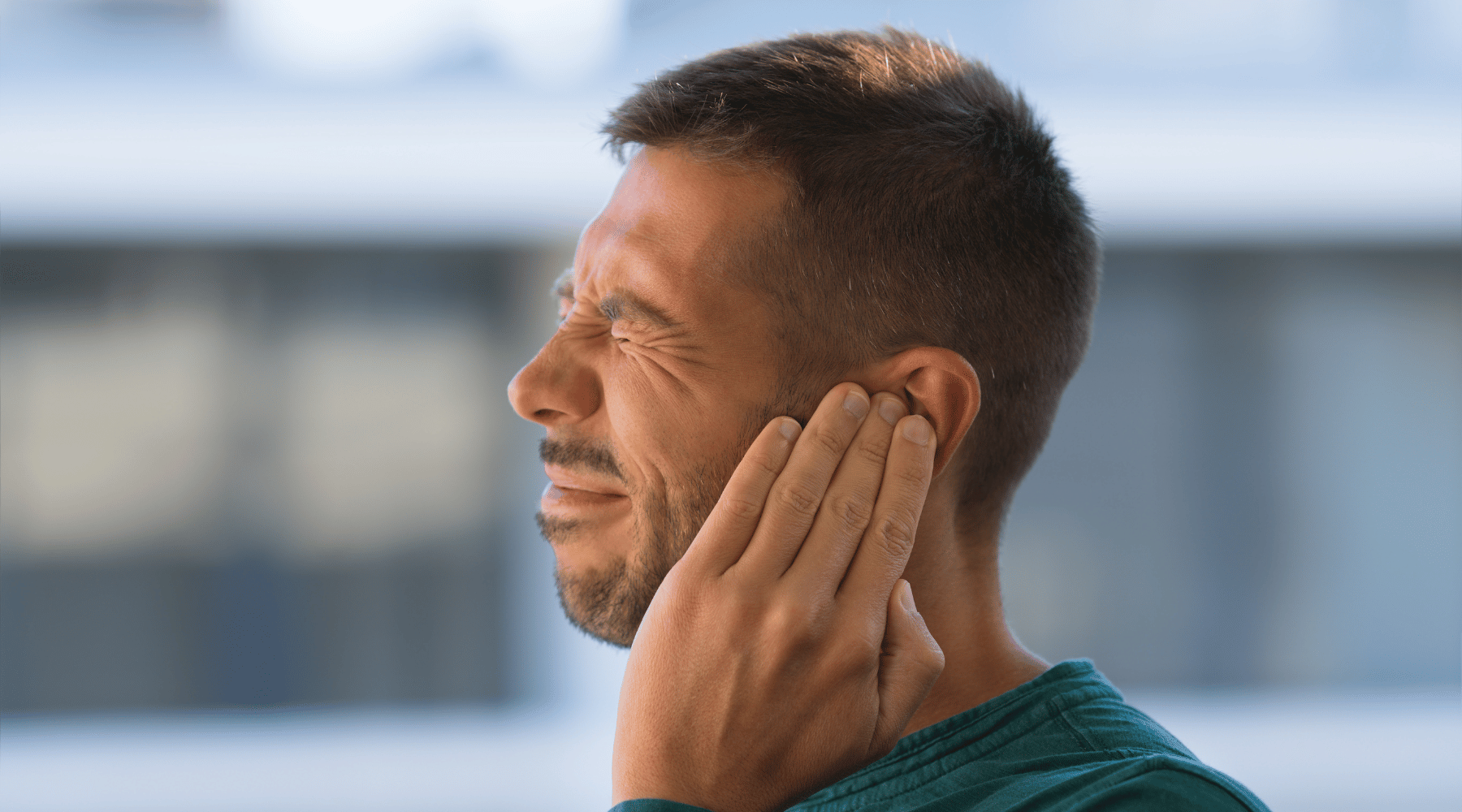Each week, OMRF Vice President of Clinical Affairs Dr. Judith James opens “Adam’s Journal” to answer a medical question from Adam Cohen, OMRF’s senior vice president & general counsel.
Adam’s Journal
My son was recently diagnosed with swimmer’s ear. But I don’t think he’s been in a pool in years. What gives?
Dr. James Prescribes
Although it’s commonly referred to as swimmer’s ear, the term refers to an infection in the outer ear canal. Often, it’s caused by water that remains in the ear, creating a moist environment that’s conducive to bacterial growth.
As you’ve no doubt surmised by the name, swimming is an ideal way to introduce water that lingers in the ear. But so are hot tubs, showers and baths.
Sometimes, you don’t even need water for a case of swimmer’s ear. If you break the thin layer of skin lining your ear canal – maybe by scratching it or using a cotton swab – that alone can be enough to incubate bacterial growth.
Symptoms for swimmer’s ear typically begin mildly, with itching, redness, some discomfort and even drainage of clear fluid. If not treated, these issues can worsen and may also lead to muffled hearing, redness and swelling of your outer ear and lymph nodes, fever and intense pain.
In many cases, swimmer’s ear won’t heal on its own. Because a bacterial infection usually causes it, physicians will most often prescribe eardrops, which include an antibiotic or anti-fungal to treat the infection and a steroid to decrease swelling and pain.
Swimmer’s ear typically isn’t serious when treated promptly. Still, in rare cases, complications can occur, including temporary hearing loss and long-term, more widespread infection in the area.
To guard against swimmer’s ear, be sure to drain water from your ears after swimming or bathing and keep your ears dry. Also – and I know you’ve heard this many times – don’t put foreign objects in your ears. That means avoiding cleaning your ears with cotton swabs, any other implements or even your fingers.
As tempting as it is to try to dig out earwax, patience is best. If accumulation is bothering you, discuss removal with your health care provider.
–
Do you have a health query for Dr. James? Email contact@omrf.org and your question may be answered in a future column!



